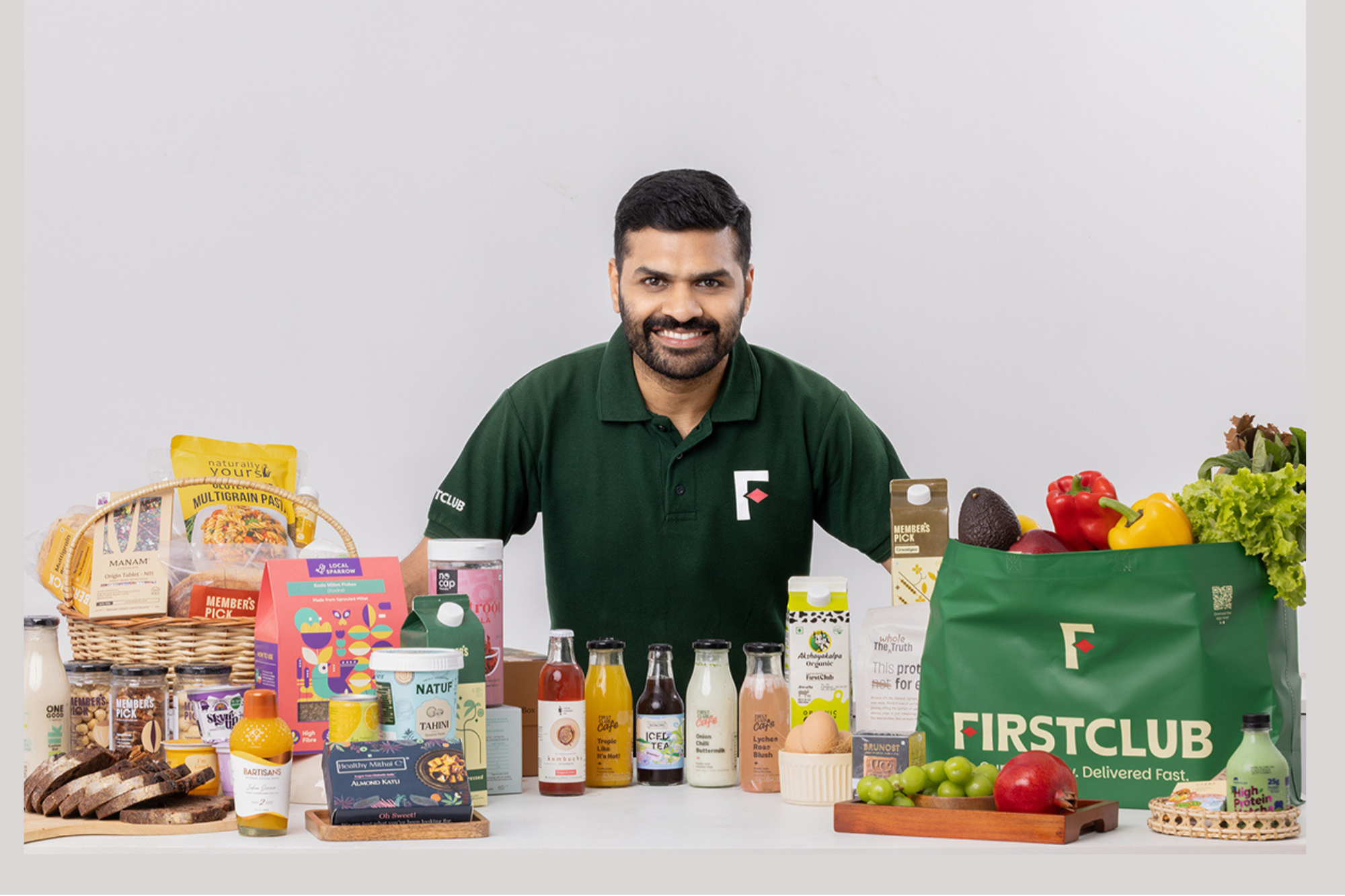COVID-19 and Lockdown: Impact on MSMEs and Expectations From Government With adverse outcomes looming large on the economy, government intervention and relief measures are the need of the hour to minimise the damage being caused to industry, economy and livelihood of many.
Opinions expressed by Entrepreneur contributors are their own.
You're reading Entrepreneur India, an international franchise of Entrepreneur Media.

The far-reaching impact of novel coronavirus continues to evolve. Though the Indian government is taking enormous measures to curb the loss caused by global pandemic, MSMEs are grappling for stability when sales and revenue remain at standstill whereas it is difficult to get hold of expenses.
With adverse outcomes looming large on the economy, government intervention and relief measures are the need of the hour to minimise the damage being caused to industry, economy and livelihood of many. Micro, small and medium enterprises form a significant part of several sectors of the economy that require immediate attention.
What's the Current Scenario?
Contributing almost 30 per cent to India's GDP and about half of exports (data by Directorate General of Commercial Intelligence and Statistics (DGCIS)), MSMEs play a significant role in the economy. As the economic activities come to halt due to prolonged lockdown, MSMEs need a fiscal stimulus.
In response to COVID-19 impact on the industry, the RBI has given a moratorium on term loans, eased working capital financing and put off interest payment on working capital facilities without an asset classification downgrade. Additionally, many public sector banks have introduced emergency credit lines whereby MSMEs borrowers can avail a maximum loan amount of up to INR 200 crore or 10 per cent of the existing fund-based working capital limits. Small Industries Development Bank of India (SIDBI) has announced a 5 per cent rate concession on all loans to MSMEs. The government has also extended GST payments date till June 2020.
Despite these measures, however, due to the halted production and slump in demand, MSMEs are unable to pay their creditors. While the revenue generation remains on hold, there are several expenses that the companies can't get their hands off such as salaries of employees, tax deposit, rent of warehouses and office spaces, among many others.
What Needs to be Done?
Though government has taken favourable measures, it needs to think innovatively to save the sector that has been growing tremendously and contributing considerably to the economy. Even if banks have given mortarium options, they are still adding interest for the months we are not paying. Banks can avoid charging interest for these months when we are not able to pay EMIs. Also, some exemptions in GST will be a great relief.
It is important that the government introduces a policy framework to soften the economic blow rendered to the MSME sectors, not just in the short-term but also for the long term, considering both supply and demand side impacts. There shall be measures to mitigate impact on MSME labour workforce, defer utility and social security payments, enhance access to credit and specific measures for self-employed.
Summing It All Up
Though revenue streams of many MSMEs remain dried up in crisis situation, many companies are utilising these days to upgrade the skill set of their workforce. Some organisations who are training their team on various productivity tools and also, roped in lifestyle coaches which are training the team on Stress Management, Personal Styling, etc.
Since it is unclear as to when life comes back to normal, government and businesses will have to work together towards phased re-starting of business operations and be prepared for structural changes in business activities.










